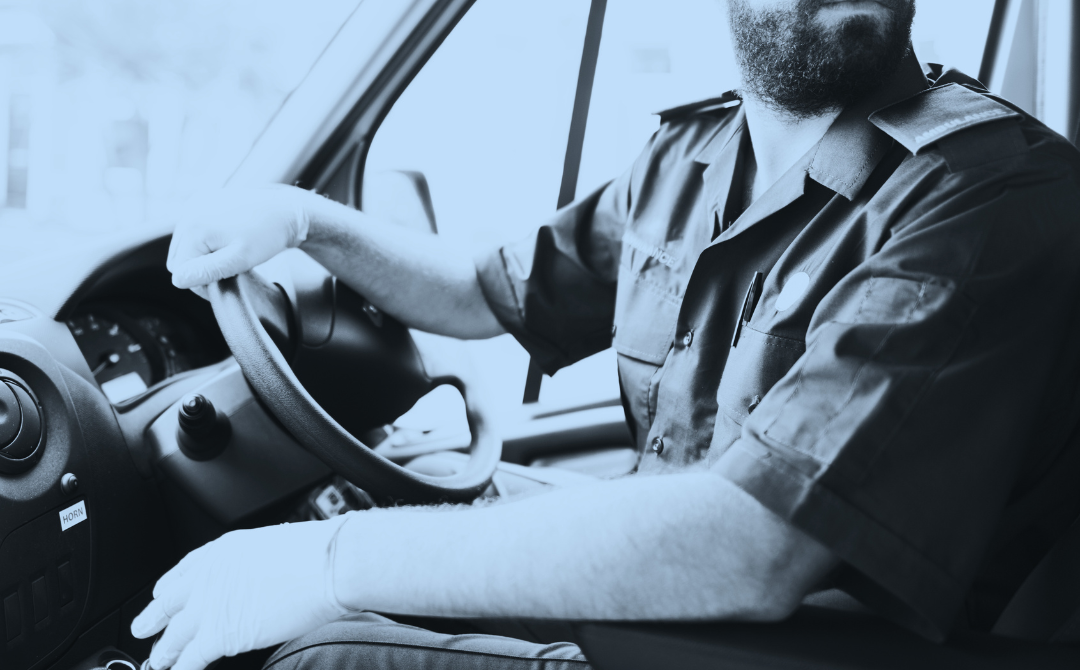Drivers must be trained in etiquette, skills, says 4PAM president
Improving the quality of the rideshare industry required stricter laws and better driver education.

SHAH ALAM - Drivers should be trained not just in advanced driving skills but also in proper etiquette, as they represent both their company and the country indirectly.
Malaysian Public Transport Users Association (4PAM) president Ajit Johl said improving the quality of the rideshare industry required stricter laws and better driver education.
"Next year, with Malaysia becoming the visiting country, these drivers will play a significant part in representing the country.
"The rideshare industry must ensure that drivers not only have driving skills but also possess good social etiquette.
"For example, just like taxi drivers who wear uniforms and cannot drive in slippers, rideshare drivers must adhere to similar standards," he told Sinar Daily during a Fireside Chat interview.
Ajit said drivers should not only focus on their driving abilities but also on their appearance and conduct.
He recommended that just like taxi drivers wear uniforms, rideshare drivers should also maintain a professional appearance.
He pointed out that casual attire, like shorts, singlets and slippers could make passengers, especially females, uncomfortable.
He highlighted that companies like Indonesia's Bluebird Taxi have adopted a successful approach with standardised uniforms and caps, creating a sense of professionalism and ensuring passengers feel at ease.
"Driver education is a crucial area for rideshare industries to make sure that the drivers are well aware, social etiquette, how you speak to passengers, so forth and so on," he added.
Ajit said simple gestures, such as greeting passengers with "Good morning, sir" or "Good afternoon, sir," contributed to a positive experience and foster mutual respect between drivers and passengers.
He also noted that maintaining a professional appearance was crucial not only in the rideshare industry but also in other sectors, such as express bus services.
He said when transporting passengers, the level of responsibility increased significantly because it involved human lives.
He also emphasised that drivers must maintain not only their physical appearance but also their focus and behaviour.
Ajit warned that eating while driving was risky and distracting, potentially leading to accidents.
"As long as you are carrying passengers, human lives, that duty of care that you have as a transporter, driver, bus, express, pilot, you name it, goes up seven notches higher because it is human lives.
"Operators need to step up. Regulators need to ensure that this is in place to make sure that we have a safe public transport industry to ensure its growth," he said.
Ajit highlighted that focusing on professionalism and driver etiquette, across all modes of transportation, will help create a safer and more reliable public transport environment, contributing to the industry’s overall growth.












